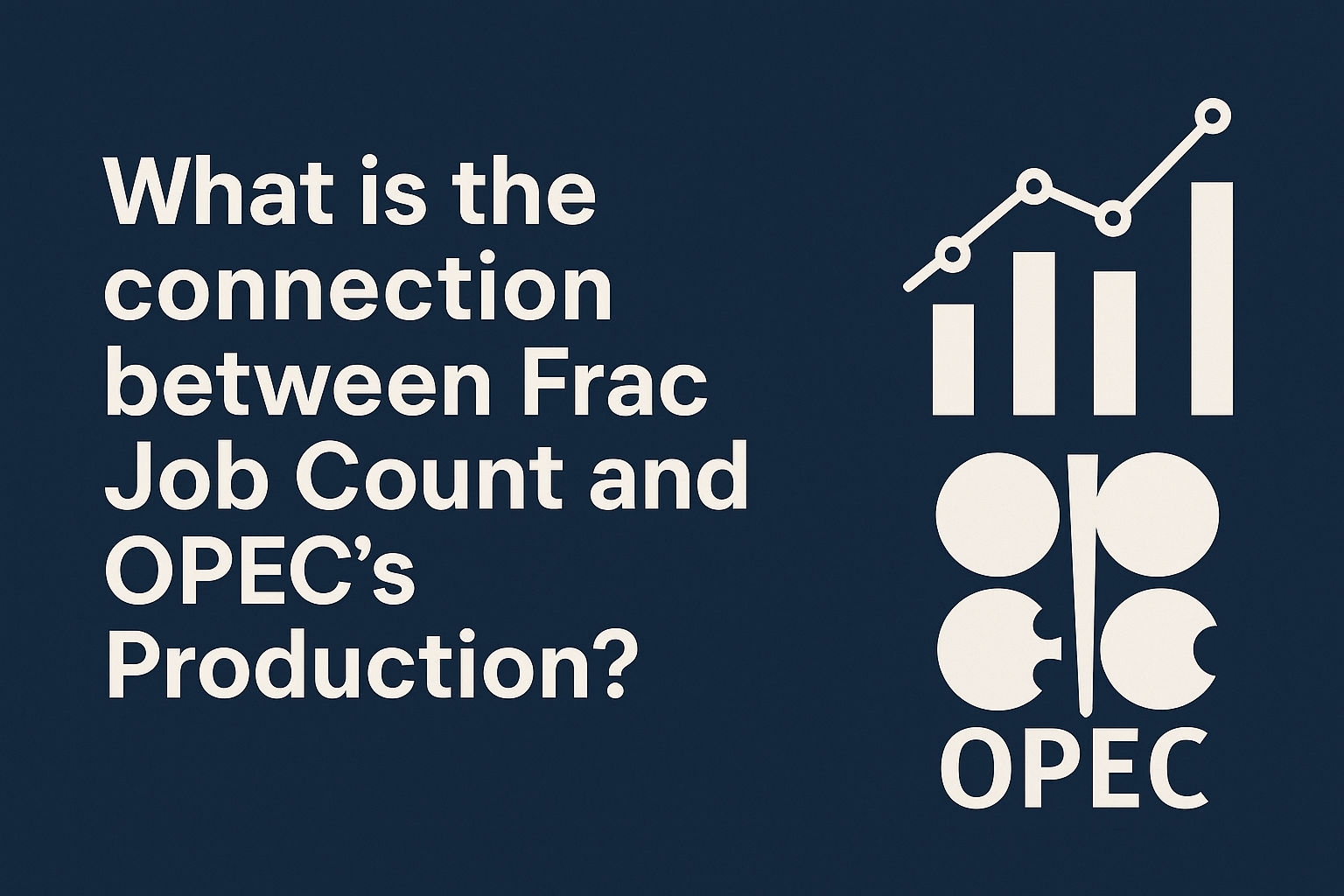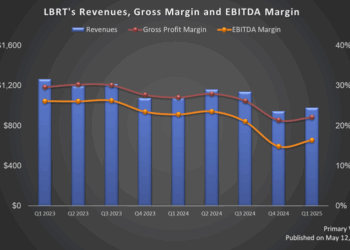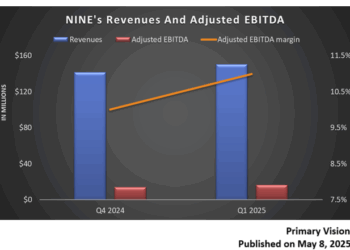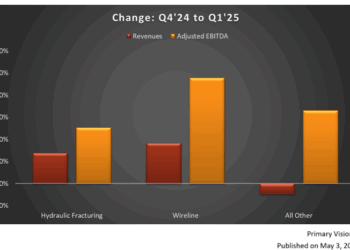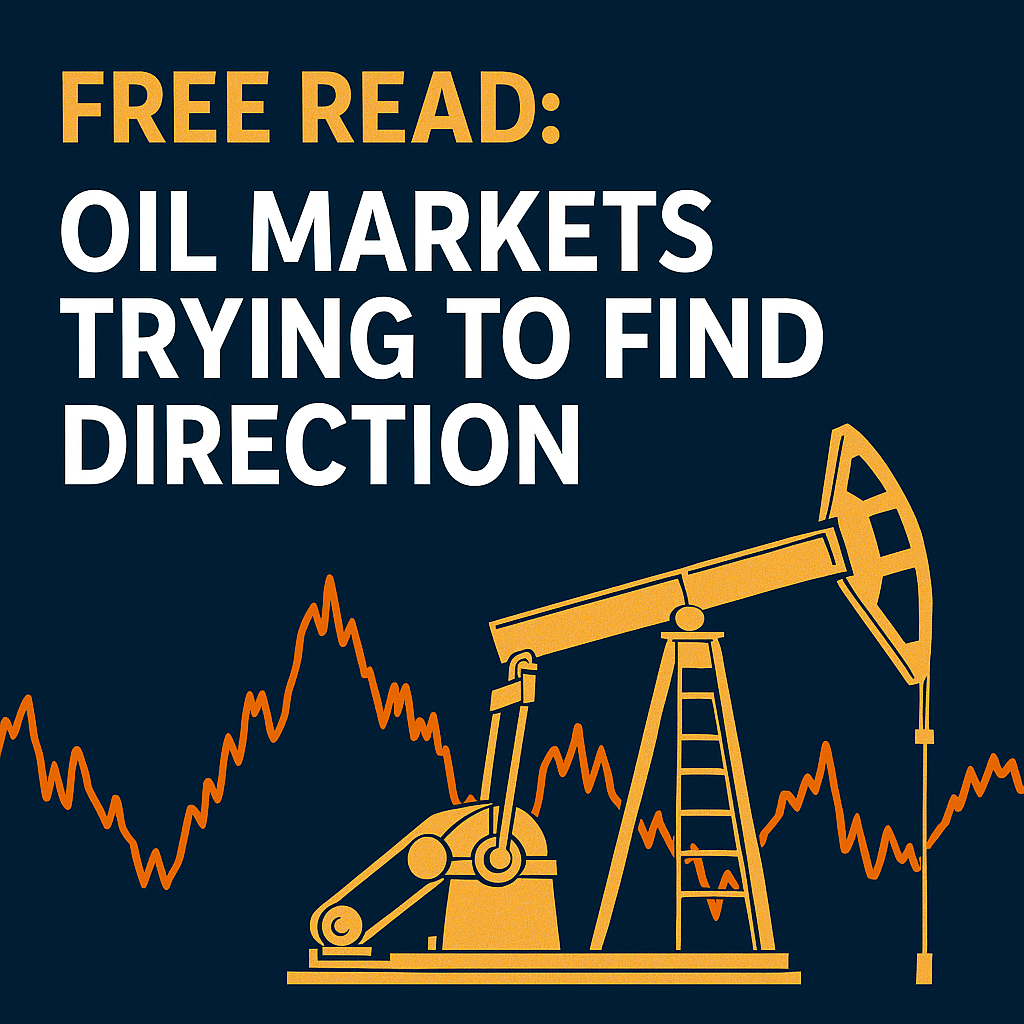The fallout from the ongoing conflict will have serious consequences for the world’s economy
It is highly unfortunate that the Russian-Ukranian conflict is still going on and even more disappointing is the fact that it will continue to be of the recurring themes for some weeks (I hope the opposite happens and Russia backs down) to come. UNGA has voted to demand from Russia that the country withdraw its forces. Russian forces have taken over the port city of Kherson but so far there hasn’t been any shortage of food and supplies in the city. Canada, meanwhile, has sanctioned 10 more key figures from Russia and Boris Johnson has accused Putin of committing war crimes. Putin has shared its conditions with French President, Macron, to withdraw. One is that the West recognize Russia’s sovereignty over Crimea and stop the militarisation of Ukraine. All in all, the overall mileu isn’t very promising as far as the resolution of the matter is concerned.
Against this backdrop, global commodity markets continue to be jittery. Global stock markets continue to inch lower. Volatility is the buzz word as all major three averages are down by more than 4 percent MoM basis. The story of the energy markets is even more grim. Global crude markets have surpassed price levels last seen in 2008! As I write this, Brent is hovering above $117 per barrel and WTI is at $114 per barrel. Not only this but risk premium has hit the shipping container industry as well with prices expected to triple, from $10,000/40 foot container to $30,000/ 40 foot container, as the conflict continues to rattle the markets. Cargo using the Black sea route have been seriously impacted, which is heavily used for food and oil. Maersk, world’s largest shipping company, announced that it will cease its operation to and from Russia and other companies such as Hapag-Lloyd, MSC have joined too. This development will affect 47 percent of world’s shipping industry. Russia has also closed airspace to 36 countries further exacerbating the supply chain issues – from which we never recovered.
Such spikes in commodity prices and related issues can easily cause a recession – history bears a witness. An article in Barrons quotes Nicholas Colas who is the co-founder of DataTrek Research that ““History shows that a 100% increase in oil prices over a year usually triggers a recession (1990, 2000, 2008). We’re not quite there yet, but we are getting closer by the day”.
One could link it with our coverage of inflation and other data points (that Mark has spoken about in immense and impressive detail in our ECON show). Inflation doesn’t seem to show any signs of slowing down. The decision to raise interest rates for Fed became even more difficult after the recent conflict broke out. Markets, as aforesaid, are already in panick mode, an increase in interest rate will signal more trouble and can tank the markets. The point where the global economy stands today with inflated debt, extraordinary leverage, precarious mortgage and housing markets, anything can become a trigger that may settle in a recession! The keyword is to be cautious.
Stay tuned for our ECON show where Mark will talk in detail about the impact of Russia-Ukraine conflict on global economy.
Stay safe and pray for peace!




